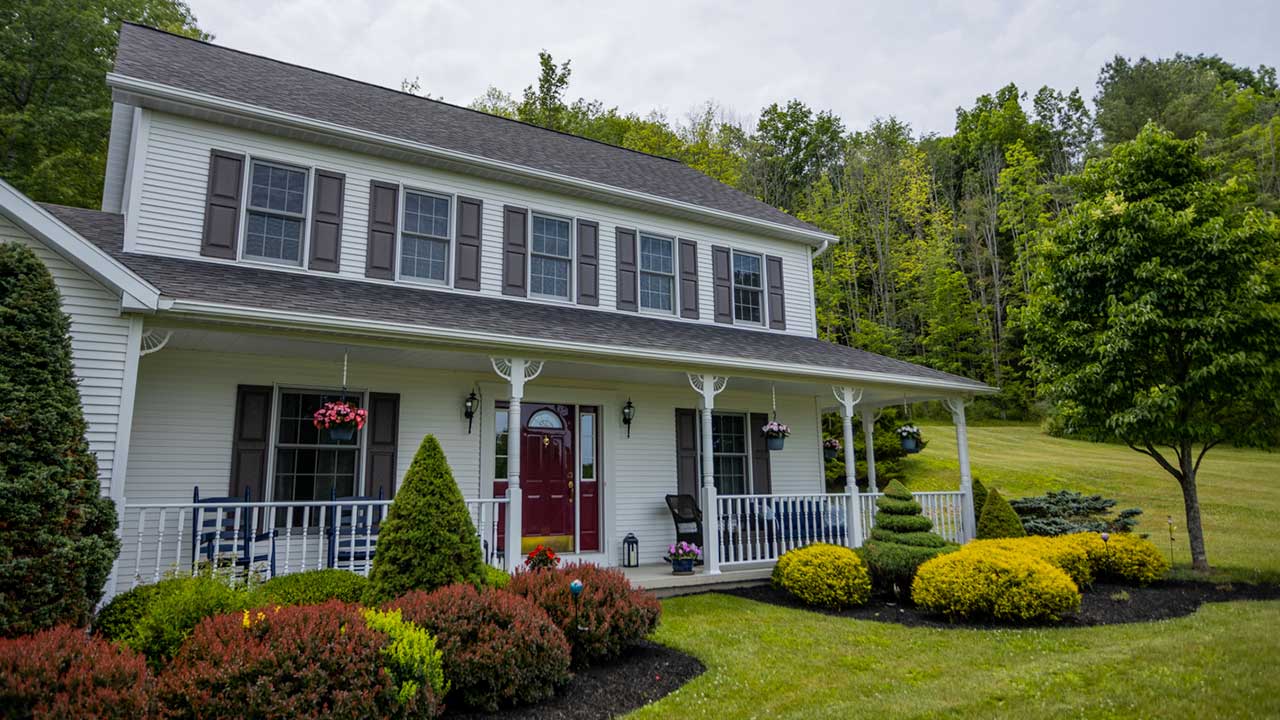Channels
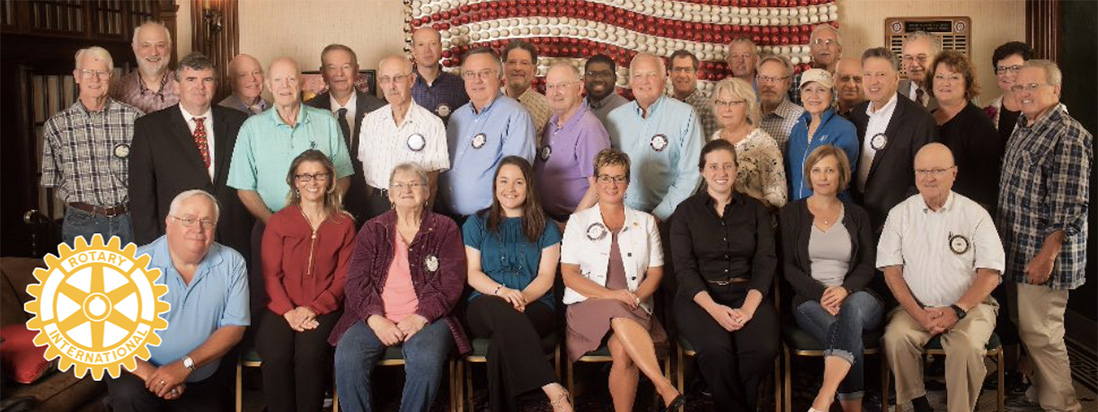
Rotary

Rotary Conference

Laurel Health Centers
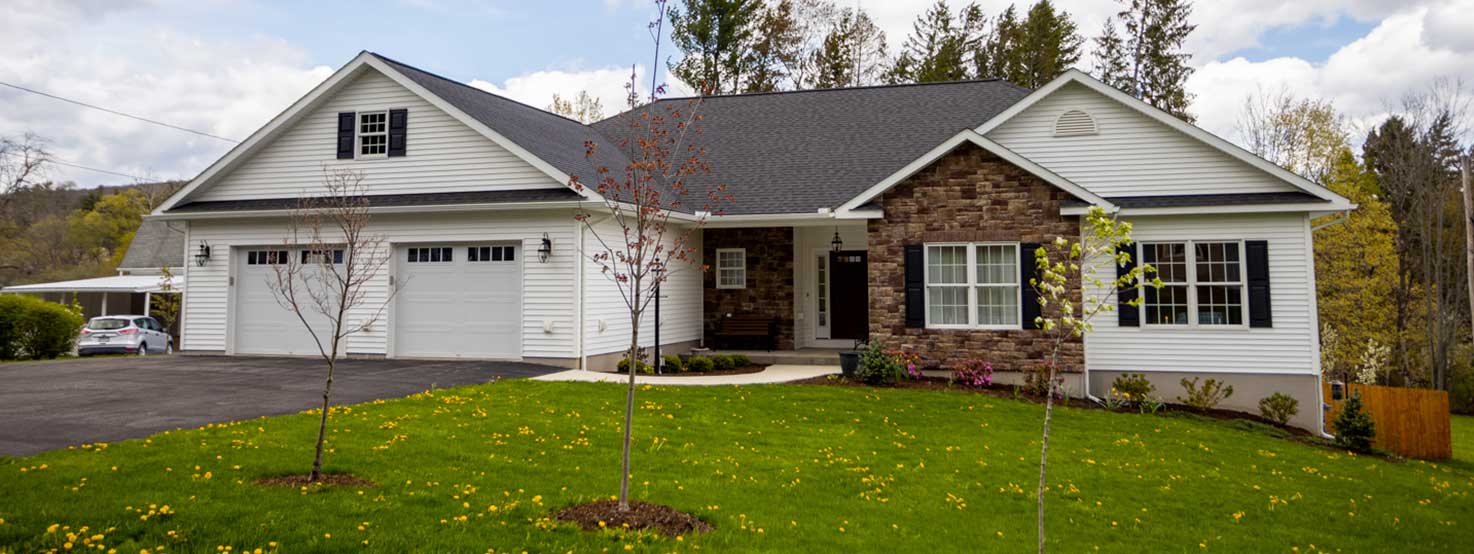
Penn Oak Realty

Movin Together

Bank On It

Dunhams Corner

By The Door

Questioning Life
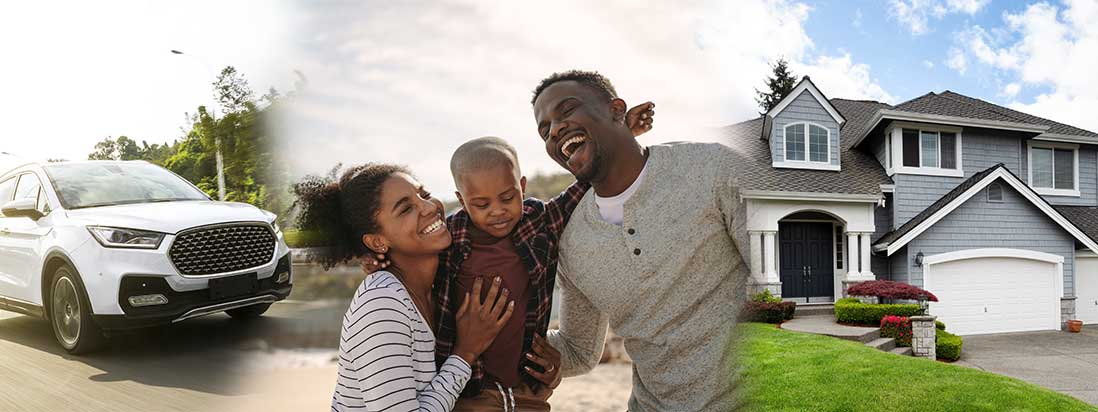
Karschners Insurance

Ag Happenings

Back to Basics
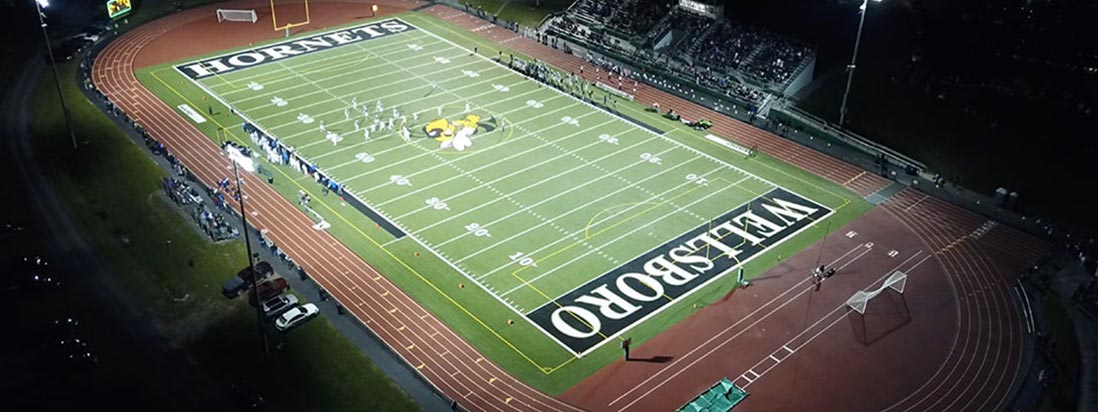
Hornet Happenings
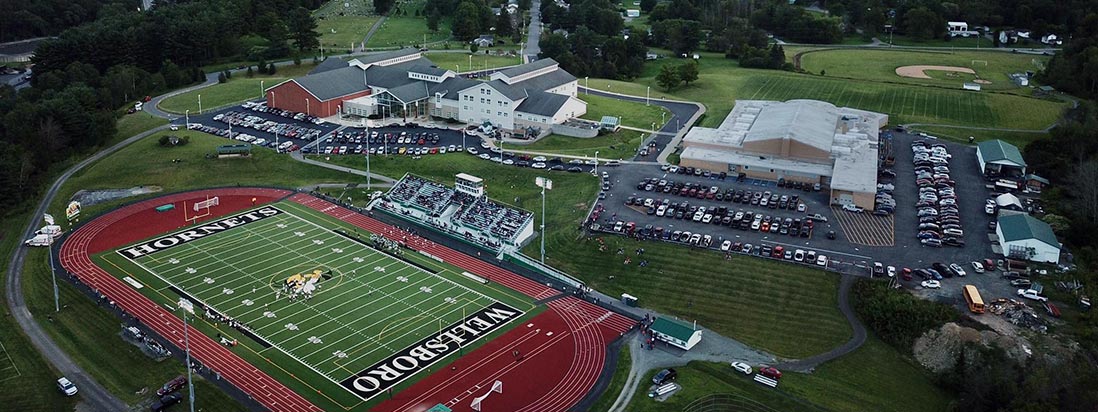
Live From The Hive
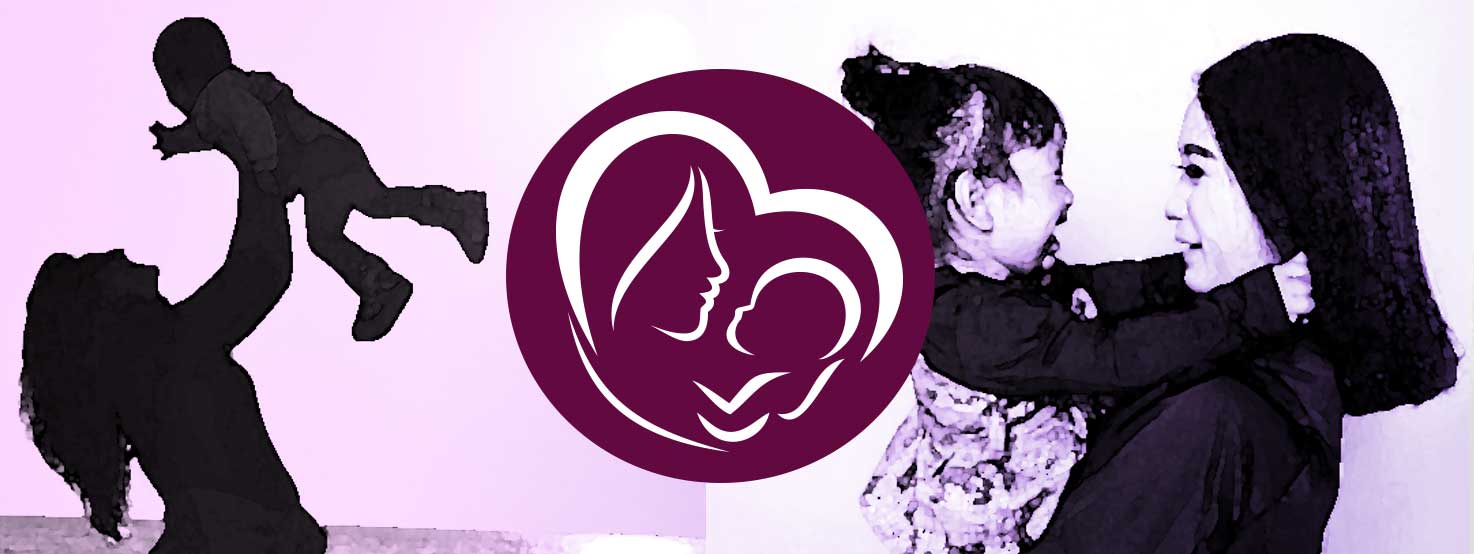
Momday Monday

Pennsylvania Politics

The Briefing

Weekly Highlights

Wellsboro Chamber
Paramedic’s Tips for Safer Summer
Summer is one of the most beautiful times of the year in Pennsylvania. With planning, you and your family can enjoy the season and the summer holidays without having to make a trip to the emergency department.
The three-month term that follows spring is commonly referred as “Trauma Season.” Here in Pennsylvania, winters are rough, so children and adults are forced to hibernate for a while. Consequently, in the summer they enjoy the hot weather by doing outdoor activities.
Some of these outdoor activities are inherently risky and unfortunately, we do see a rise in injuries in the field and in our emergency departments. Adult traumas also rise by 25 to 30 percent in the summer and these injuries range from head or limb injury caused by a fall from a roof or ATV, to an amputation caused by a piece of yard or farm equipment, to explosive related injuries caused by fireworks. We also see a rise of water-related injuries including drowning.
With everyone being held up indoors this winter it’s unreasonable to advise people to avoid all outdoor activities. In fact, there’s many benefits to spending time outdoors as well as the added benefit of the quality family time. It all comes down to managing risk and enjoying your activity safely.
Some tips to consider:
– When it comes to fireworks over the holidays, leave it to the professionals. Fireworks can cause serious burns and traumatic injuries and need to be handled by someone who’s properly trained.
– When you’re out riding bikes, ATVs, and motorcycles wear proper protective equipment such as helmets, chest protectors, and proper clothing. Don’t forget to make sure you protect your eyes as well.
– When working on a ladder, roof, or elevated platform have someone around to spot you and foot or secure your ladder while you climb. Be careful near ledges and edges and wear proper attire including shoes. Don’t overreach or overextend over edges and ledges.
– When mowing your lawn and using other lawn tools (chainsaws, trimmers, etc.) be sure to wear proper clothing and protective equipment. Only use the tools for their intended use and take extra care on hills, uneven surfaces, and in areas where the materials may be unstable (fell trees, rocky areas, etc.). Again, don’t forget to protect your eyes and ears.
– When grilling, remember to check your grill for leaks and other hazards prior to use. Your grill should be in a safe place. Grills should never be used indoors and should be placed 10 feet away from any building. If a grill is on an upstairs balcony or deck, make sure there is an exterior stairway in case of a fire. Keep children away from the grill and don’t leave a hot grill unattended. Anyone not involved in cooking should be at least three feet away from the grill. Open the gas grill cover before using igniter. The gas can build up under the cover and cause an explosion. Make sure the cover is off the grill when using the igniter. Do not use gasoline on any grill. Fires caused by gasoline are major sources of burns.
– When enjoying a campfire, keep the fire contained and be sure to remove debris that could cause the fire to spread prior to lighting the fire. Have enough water on hand to douse the fire to extinguish it completely. Never leave a fire unattended and be sure that everyone keeps a safe distance from the open fire. Also, enjoy alcoholic beverages responsibly when around campfires as alcohol and fire do not mix.
Severe weather can be common in the Northeast during the summer. The heat and humidity bring unexpected thunderstorms, often accompanied by high winds. Follow these simple guidelines to keep you and your family safe during weather events:
– Make a family plan for severe weather. Decide on a check-in strategy if severe weather hits, so every family member is accounted for.
– Keep a weather app on your phone or a battery-operated weather radio. If you’re headed on a road trip, check the forecast for the day and follow severe storms so you can stay out of the storm’s path.
– Be flexible if the forecast is bad. Consider changing your plans if you see severe weather coming. If you do venture out, keep a close watch on the weather.
Seek shelter immediately in the event of lightning or a tornado warning. Know where the local shelters are in your area, so that you can seek shelter should the storm cause major damage.
Summer weather can take its toll on the body. The sun and heat can really drain and stress our bodies. Heat and sun exposure can interfere with our decision making, slow down our reactions, and cause additional risks. Some tips for those sunny, hot days:
– Choose the right sunscreen to avoid a dangerous sunburn. Apply a sunscreen with SPF30 or above.
– Avoid peak sunlight. The sun is its strongest between 10 a.m. to 2 p.m., so schedule your outdoor time accordingly.
– Stay hydrated. Drink water throughout the day, heat-related illness can be very serious and even life-threatening.
– Wear appropriate clothing and don’t forget eye protection.
– Take shade breaks and when possible get out of the heat.
Before getting in the water, it’s important to know about swimming safety and take appropriate precautions to prevent accidents and injuries.
Keep in mind, drowning is silent. Children younger than four should always be within arm’s reach of an adult, and children over the age of four, even if they know how to swim, should always have an adult’s eyes on them.
Additional tips include:
– Never swim during a storm.
– Do not use water wings or other pool toys as life jackets – only use PFDs as recommended by the manufacturer
– Make sure you and your child know how deep the water is
– No jumping in water less than nine feet deep; no diving unless the depth is 12 feet or more
– Learn CPR and keep a first aid kit, phone, and emergency numbers near the water
– Be safe when near the water – avoid running, pushing, or dunking
Simple planning and mindfulness can go a long way to make sure everyone stays safe this summer. Enjoy everything the season has to offer, but remember – safety should never take a day off.
Credits:
Videography: Andrew Moore
Video Editing: Andrew Moore, Sara Vogt
Writing: UPMC Susquehanna
Anchor: Rhonda Pearson
Correspondent: Sara Vogt
Produced by Vogt Media
Home Page Sponsors: UPMC Susquehanna







